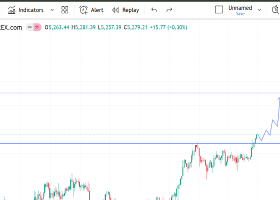Forex markets are among the most active trading markets in the world, with participants ranging from large banks, to multinational corporations, to governments, to speculators and even to a small fraction of individual professional traders. The instability foreign currency prices can result in heavy losses for an investor. However, this is not the only risk that investors have to consider. Investors also need to be aware of forex scams designed to rip them off. The highly technical nature of the retail forex industry, off-exchange forex trading, and the loose regulation of the market can leave retail speculators susceptible to forex frauds. The internet is also giving a boost to these scam forex companies with fake names and credentials.
Forex scams include creating false customer accounts for the purpose of generating commissions, selling software that is supposed to garner large profits for the customer, false claims of customers making huge money, the theft of a customer’s account and phony marketing. Forex scams draw customers in with sophisticated advertisements placed in the newspaper, heard on the radio, or seen on internet websites. Forex promoters often lure investors into scams with various assurances, including their ability to predict an increase in currency prices and claims of high returns with low risk. An unregulated financial company trading off-exchange Forex, foreign currency futures and options contracts with retail customers is illicit and may be a fraud or scam. In many cases, investors may be guaranteed high returns in the tens of thousands of dollars over a few weeks or months, with a relatively low initial investment. In reality, the investor’s money is never used for forex trading, but is simply stolen.
The Commodity Futures Trading Commission (CFTC) is the federal agency with control over the trading of currency, commodity futures and options contracts in the United States. The CFTC takes action against firms suspected of illegitimately or deceitfully selling currency, commodity futures and options contracts. Here are few tips that the CFTC has created to give you some insight on how to avoid scams:


